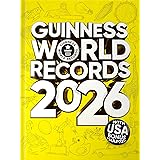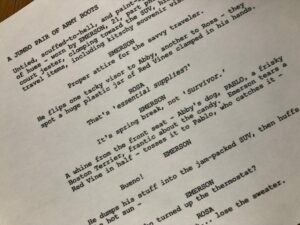Unlocking the Mystery: Why Some Adjectives Defy Comparison and What It Means for Your Language Skills

WRITING WELL
And why it’s best to leave the indisputably absolute alone
After my last post, Compound Adjectives that Always Take a Hyphen, I thought I’d effectively covered the topic of adjectives. Over the past three years, I’ve written two posts (All About Adjectives: Part I and Part II) about the many different types of adjectives, two posts (A Question of Clarity: Part I and Part II, the latter of which discusses a term I’d never heard before, “ablaut reduplication”) on adjective order, and multiple posts that include references to adjectives and how to use them. As usual, though, certain topics related to the English language provide a steady stream of details for word nerds like me to consider.
Enter nongradable adjectives, also referred to as absolute adjectives. I stumbled across discussions of these nifty words recently in both Bryan Garner’s Garner’s Modern English Usage and The Writer’s Lexicon by Kathy Steinemann. (Please note that both these links are affiliate links, which means I may earn a small amount if you click through and make a purchase. Thanks!) As both authors put it, nongradable or absolute adjectives describe such a state or condition that they usually shouldn’t be paired with adverbs such as “very” or “really,” comparatives such as “more” or “less,” or superlatives such as “most” or “least.”
According to Garner, the most commonly recognized nongradable adjective is “unique,” which makes sense since it means “one of a kind.” Simply put, it makes no sense to call something or someone “really unique” or “more unique” than something or someone else. When only a few, but not identical, versions of something unusual exists, however, it does make sense to refer to one of those versions as “almost” or “practically” unique. As Garner puts it, “The Hope Diamond is unique; a Gutenberg Bible is almost unique.” In no instance though, would either be described correctly as “very,” “really,” “rather,” “quite,” or “absolutely” unique.
Other adjectives that are considered nongradable or absolute include (not surprisingly) “absolute” as well as “absent,” “active,” “accurate,” “alive,” “basic,” “blank,” “broken,” “certain,” “complete,” “conclusive,” “dead,” “destroyed,” “duplicate,” “entire,”…



















